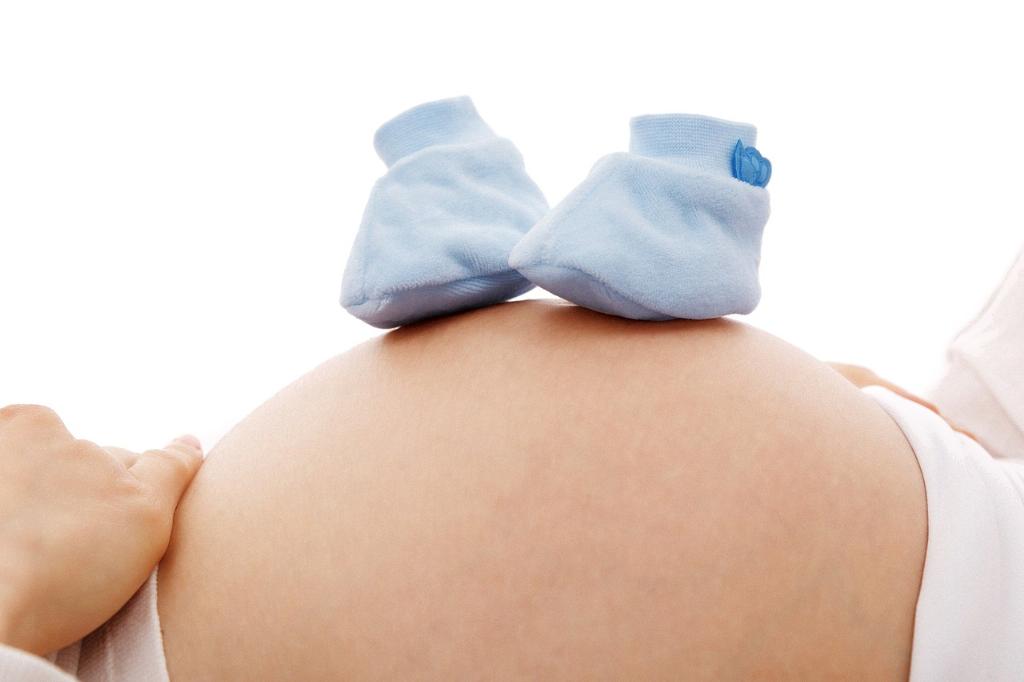When it comes to pregnancy tests, the possibility of a false-positive result can be a cause for confusion and stress for many individuals. Understanding what triggers a false-positive pregnancy test is crucial in navigating this delicate situation.
1. Early Pregnancy Loss
One common trigger for a false-positive pregnancy test is early pregnancy loss. If a fertilized egg attaches to the uterine lining but is lost shortly after, it can still lead to a positive result on a pregnancy test, even though the pregnancy is not viable.
2. Fertility Medications
If you have recently taken fertility medications that contain human chorionic gonadotropin (HCG), this can also trigger a false-positive pregnancy test. These medications can elevate HCG levels in the body, leading to misleading results on a pregnancy test.
3. Ovulation Stimulation
Furthermore, undergoing ovulation stimulation treatments can also affect the accuracy of a pregnancy test. These treatments can impact hormone levels in a way that may result in a false-positive result.
4. HCG Injections
Individuals who have received HCG injections as part of fertility treatments or other medical reasons may experience false-positive pregnancy tests. The presence of HCG in the body, whether naturally produced or injected, can influence test results.
5. Chemical Pregnancies
Another factor that can trigger a false-positive pregnancy test is a chemical pregnancy. In these cases, a fertilized egg may implant in the uterus briefly before being naturally expelled, causing HCG levels to rise temporarily.
6. Evaporation Lines
Sometimes, evaporation lines on pregnancy tests can be mistaken for positive results, leading to false-positives. These lines can appear when the test is not read within the specified time frame, generating confusion.
7. Medical Conditions
Certain medical conditions, such as ovarian cysts or specific types of cancer, can interfere with pregnancy test results and produce false-positives. It is essential to consider these factors when interpreting test outcomes.
8. Expired Tests
Using an expired pregnancy test may also contribute to false-positive results. The reliability of the test diminishes over time, increasing the likelihood of inaccurate readings.
9. User Error
User error, such as misreading the instructions or using the test incorrectly, can also lead to false-positive pregnancy test results. It is crucial to follow the guidelines provided with the test to ensure accurate readings.
10. Medications
Some medications, including those containing HCG or other hormones, can impact pregnancy test outcomes. It is essential to disclose any medications you are taking to healthcare providers when interpreting test results.
11. Stress and Anxiety
Emotional factors like stress and anxiety can also play a role in false-positive pregnancy tests. Hormonal changes triggered by stress can influence test results, highlighting the importance of managing emotional well-being.
12. Follow-Up Testing
When faced with a potential false-positive pregnancy test result, it is advisable to consult with a healthcare provider for further testing and evaluation. Additional tests can provide clarity and guidance in understanding the situation.

